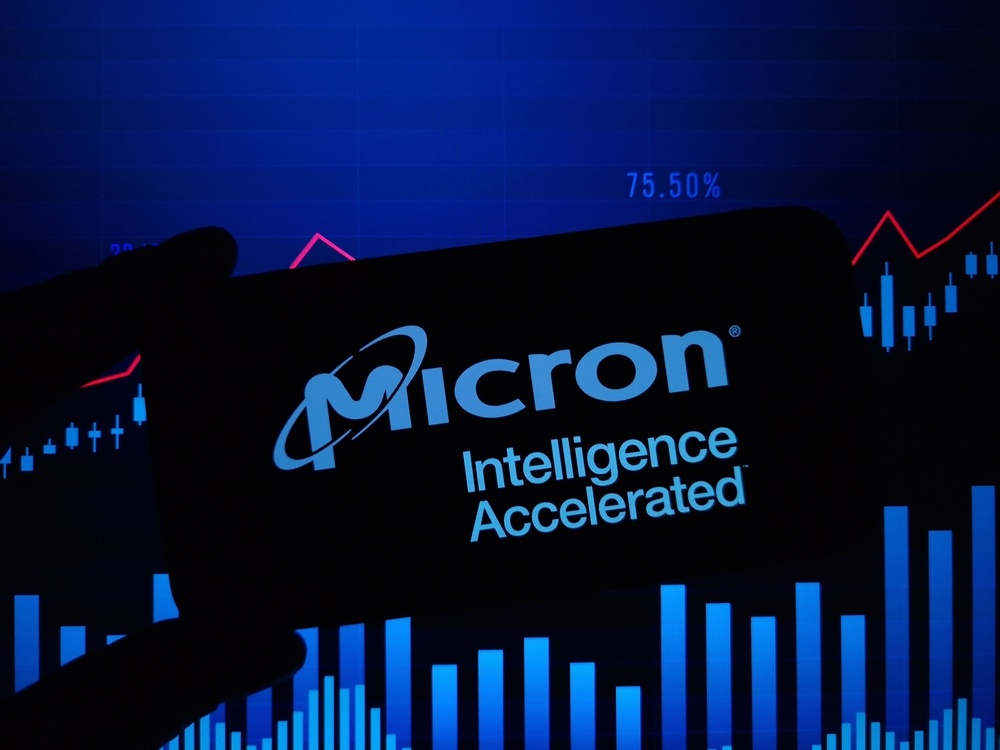Micron plans new plant in Hiroshima, Japan to accelerate DRAM and HBM production
It is reported that the factory will be equipped with extremely ultraviolet lithography equipment (EUV) to manufacture Micron's most advanced memory products. The company is expected to start construction in early 2026 and start production in 2027.

Micron Technology will build a new DRAM factory in Hiroshima, Japan and introduce extreme ultraviolet lithography equipment (EUV).
Plan details
Micron Technology announced plans to build a new DRAM factory in Hiroshima, Japan. The factory will be equipped with extremely ultraviolet lithography equipment (EUV) to manufacture Micron's most advanced memory products. The company is expected to start construction in early 2026 and start production in 2027.
Micron announced in 2023 that it would invest up to 500 billion yen (3.2 billion US dollars) in EUV equipment in Hiroshima, but the latest news suggests that factory construction may be delayed for two years. Despite construction delays, the investment amount has increased to 600 billion to 800 billion yen and has received funding subsidies from the Japanese government.
Advanced Technology and Market Share
After the factory is completed, it will produce the next generation 1-gamma DRAM and HBM suitable for generative AI. Micron hopes to achieve a 25% market share of HBM by 2025. At present, Micron Technology's market share lags behind SK Hynix and Samsung, with market share of 50% and 40% respectively.
Market demand and growth
Sumit Sadana, Executive Vice President and Chief Business Officer of Micron, estimates that the global DRAM market is growing by 15% annually, while the HBM market is expected to grow at a rate three times that, with an estimated annual growth rate of 40% to 50%. This has brought huge potential benefits to Micron.Government subsidies and future prospects
The Japanese Ministry of Economy, Trade and Industry will bear one-third of the construction cost of the factory, providing subsidies of up to 192 billion yen (1.2 billion US dollars). In addition, Micron will receive a subsidy of 2.5 billion yen (15.9 million US dollars) for the funds needed for HBM production.
Disclaimer: The views in this article are from the original Creator and do not represent the views or position of Hawk Insight. The content of the article is for reference, communication and learning only, and does not constitute investment advice. If it involves copyright issues, please contact us for deletion.